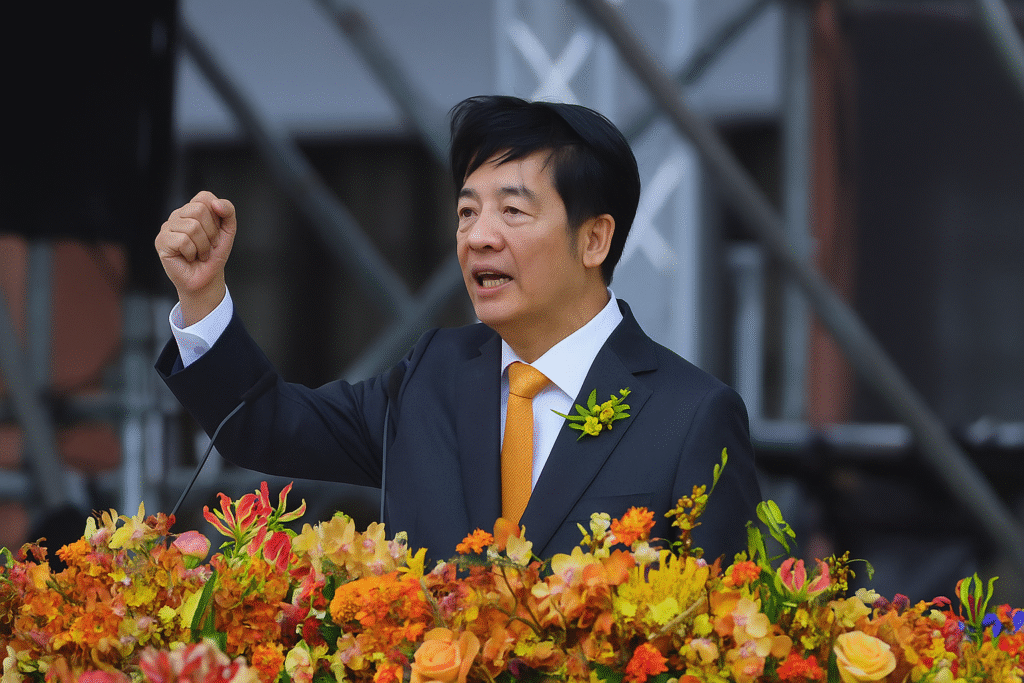
On Sunday, the President of Taiwan, Lai Ching-te, firmly reiterated that Taiwan is, beyond question, a sovereign nation. He rejected the claims of sovereignty asserted by the People’s Republic of China, stating that such assertions are devoid of both legal grounding and historical legitimacy. Meanwhile, Beijing persists in denouncing President Lai as a separatist and has continually spurned his repeated overtures for dialogue.
Taiwan is undeniably a sovereign nation, and the People’s Republic of China neither possesses the historical justification nor the legal authority to substantiate its claims of sovereignty over the island, stated President Lai Ching-te on Sunday, delivering a firm response to Beijing’s growing political and military pressure.
The Chinese government maintains that Taiwan, despite being self-governed through democratic means, is an inseparable part of China — a “sacred territory” that, according to its claims, has belonged to the Chinese realm since antiquity. Beijing asserts that Taiwan is merely a province and thus lacks the standing to be recognized as a separate state.
President Lai and his administration categorically reject such assertions. They have extended multiple invitations for dialogue with Beijing, all of which have been met with refusal. In return, Chinese officials have labeled President Lai a “separatist.”
In the inaugural address of a 10-part series titled “Uniting the Nation,” President Lai invoked Taiwan’s unique historical narrative — highlighting the deep-rooted heritage of the island’s Indigenous peoples and their kinship with other Austronesian communities, such as the Native Hawaiians. Through this lens, he emphasized Taiwan’s distinct and independent cultural and historical evolution, clearly separate from that of mainland China.
